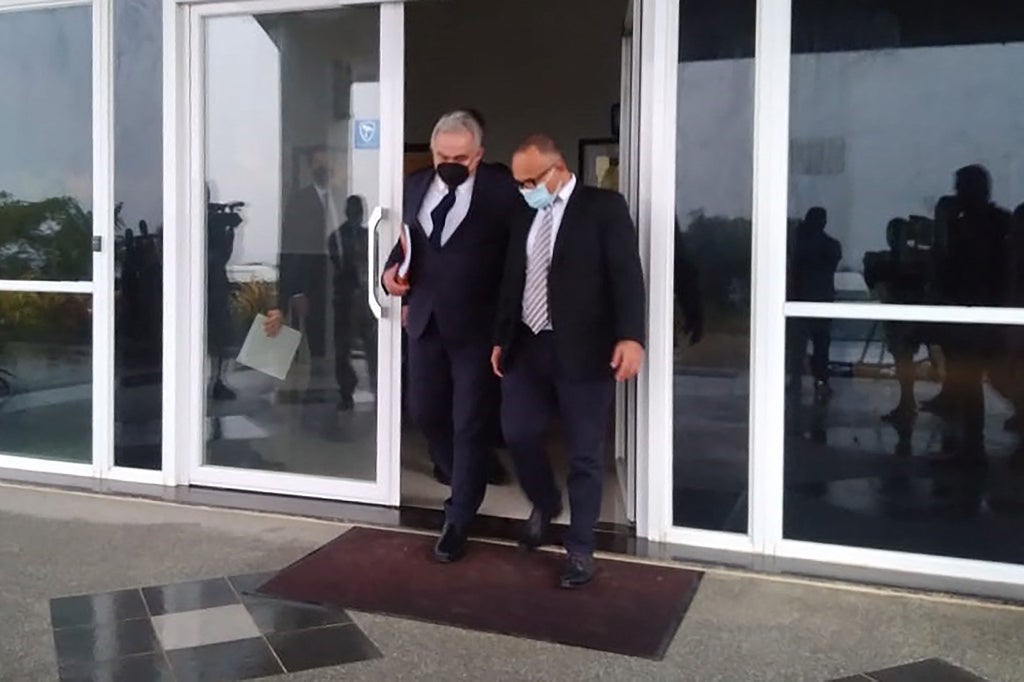
A top US official in the Pacific has warned that America would have to “respond” if the Solomon Islands allows China to establish a military base there.
Following a “constructive and candid” 90-minute meeting with prime minister Manasseh Sogavare, ambassador Daniel Kritenbrink said that the security deals between China and the Solomon Islands present “potential regional security implications” for the US and other allies.
“We wanted to outline for our friends in the Solomons what our concerns are,” Mr Kritenbrink, US assistant secretary for East Asian and Pacific Affairs, told reporters.
“We have respect for the Solomon Islands’ sovereignty. But we also wanted to let them know that if steps were taken to establish a de facto permanent military presence... then we would have significant concerns, and we would very naturally respond to those concerns.”
Mr Kritenbrink declined to elaborate on the nature of the US response, saying he was “not in a position to talk about what the United States may or may not do in such a situation”.
The American delegation, led by White House Indo-Pacific co-ordinator Kurt Campbell and Mr Kritenbrink, met members of Mr Sogavare’s government days after the Solomon Islands sent ripples across the Pacific region by signing a security co-operation pact with Beijing.
While the full details of the deal have not been disclosed, a draft copy suggests that the pact allows China to send police and military personnel to the Solomon Islands while also opening the door for Chinese warships to stop in port.
It has triggered worries of a possible Chinese naval base on the doorsteps of Australia and New Zealand.
Mr Kritenbrink also noted that the “lack of transparency” over the agreement is a “fundamental concern”.
“What precisely are the motivations behind the agreement? What exactly are China’s objectives and the like?” he asked, according to Sydney Morning Herald.
“I think they’re completely unclear because this agreement has not been scrutinised or viewed or subjected to any kind of consultation or approval process by anyone else.”
He added that they were not forcing countries to “choose between the US and China” but only promoting shared interests.
“Any steps taken by countries, whether it would be China or anyone else, that run counter to those interests and principles, I think would be a fundamental concern to us and I think has some bearing on what we’re dealing with here,” he was quoted as saying.
Earlier, New Zealand’s prime minister Jacinda Ardern questioned the motive of the security pact between the two countries as she raised concerns regarding Beijing’s growing “assertiveness” and “interest” in the region.
“One of the reasons we’ve expressed this disappointment [is] … Australia and New Zealand both have heeded the call of the Solomons for support during recent disruption,” she told BBC News.
“And we’ve again highlighted that should any extended need exist, we are there to help and support. What gap remains that requires such an agreement with China?”
Australian prime minister Scott Morrison slammed the move, saying a Chinese military base in the Solomon Islands would be a “red line” for his government, even as he acknowledge Mr Sogavare’s personal assurances that this would not happen.







